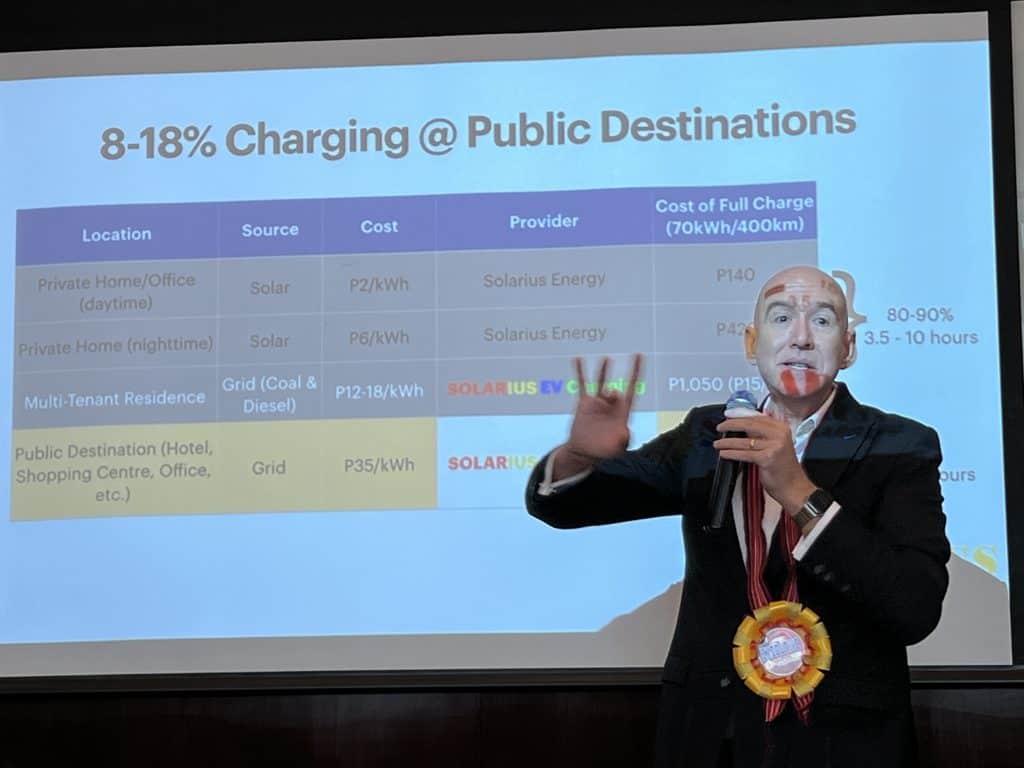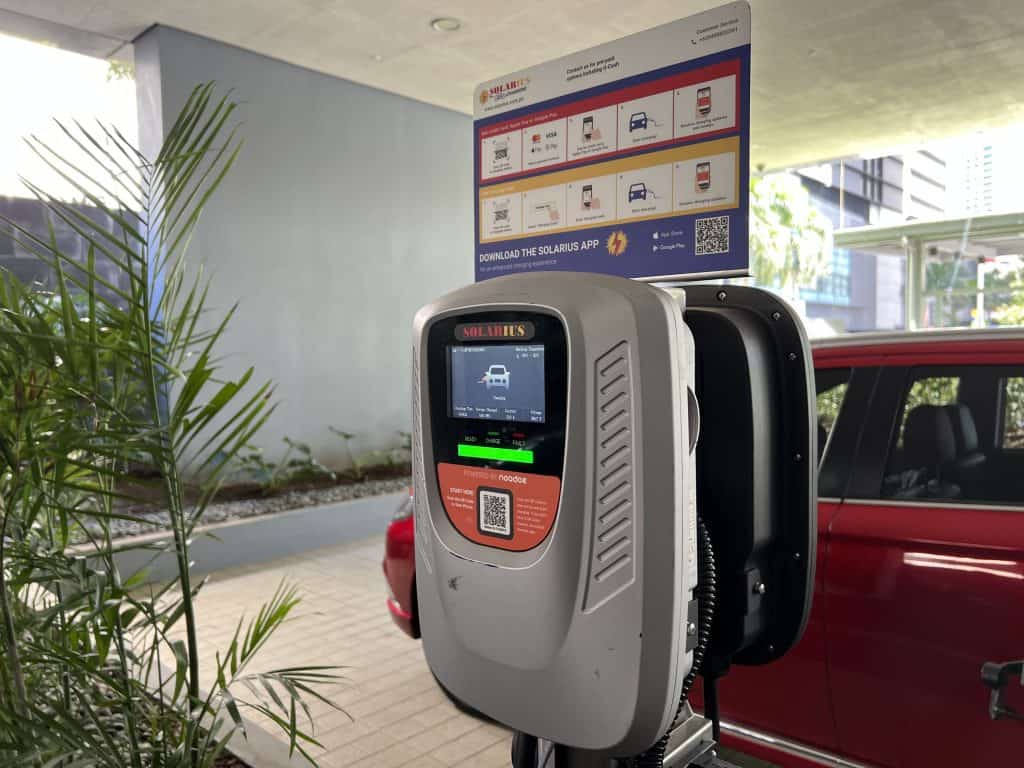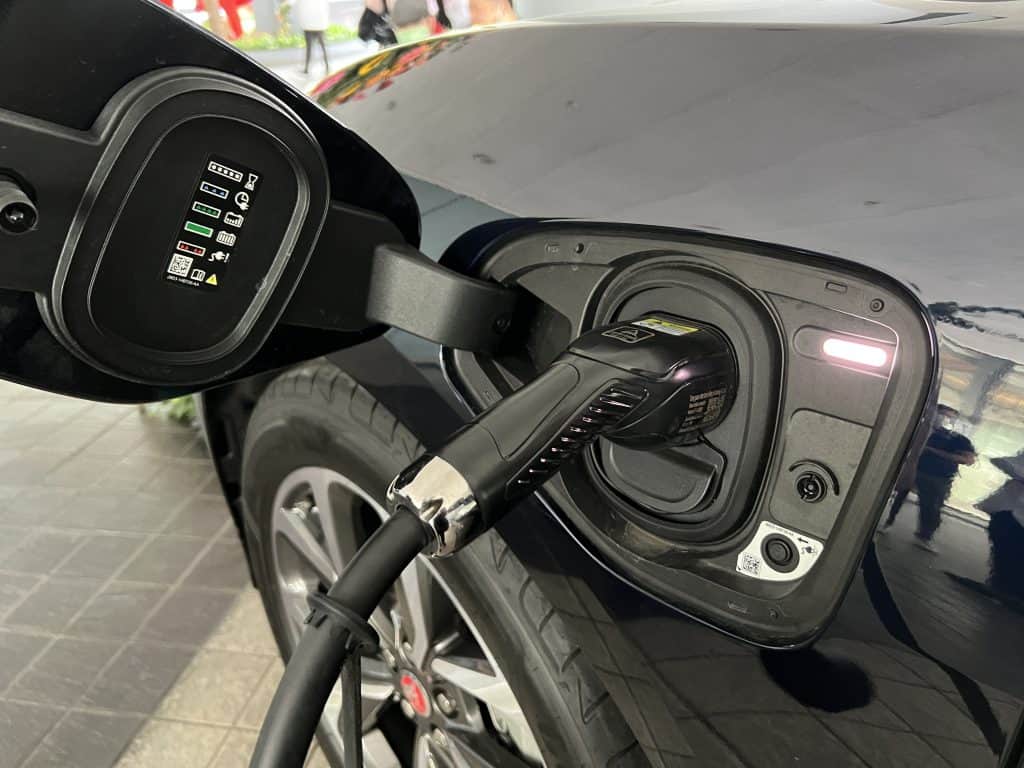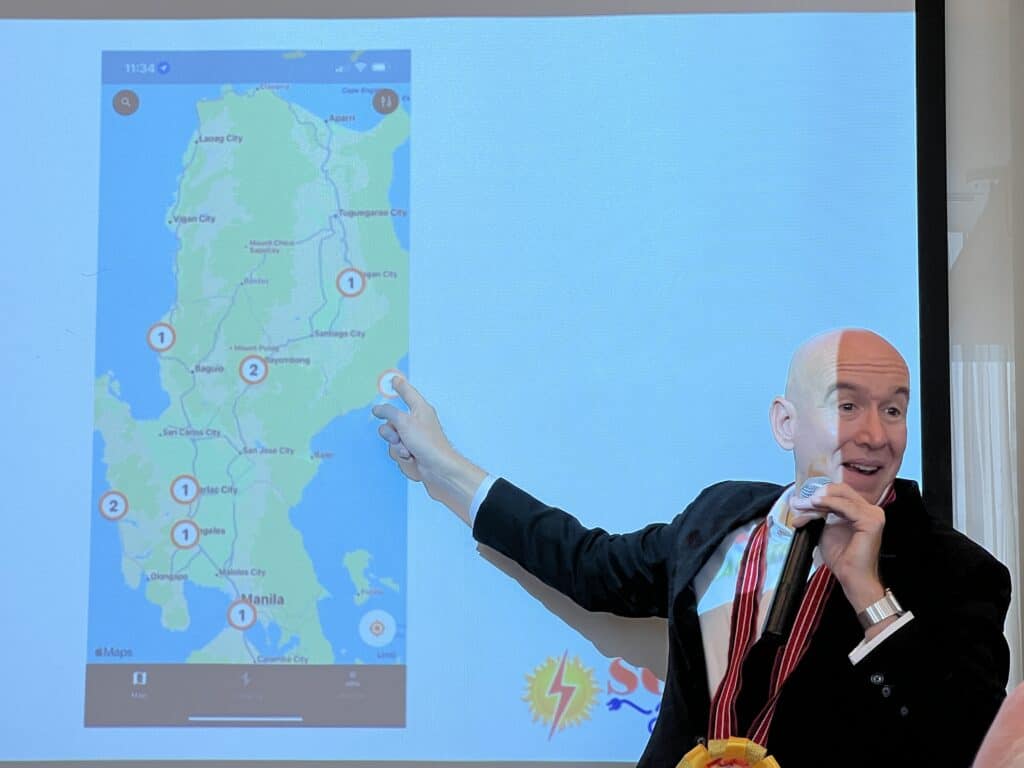The local motoring industry has already taken steps into progressing towards the next generation of vehicles in the country. There are now a lot of hybrid vehicles available from different brands and if you’re in the upper echelon, you also have a slew of fully electric vehicles for you to choose from.
However, many Filipinos are still adamant about electrified vehicles. The primary concern is running out of power on the road. Charging stations are built at a slow pace because of an anxious cycle. The initial cost of building a charging station in your property is high, for something that won’t be utilized as much. But because of the few charging stations, buyers aren’t shifting to the new generation of cars. One company saw how they can break this cycle.
Solarius Energy is an established solar charging installation company in North Luzon. They aim to solve one of the roadblocks in EV adoption in the Philippines by expediting the installation of charging stations in public places with their new arm, Solarius EV Charging.
According to their studies, most electric vehicles in the Philippines today have a range of 400km which is enough for a daily drive. You can go wherever in Metro Manila, or even to nearby provinces, and back to your home without having to worry of running out of juice. One can simply recharge at home, sleep, wake up the next morning with their car fully charged.

It’s the long drives and road trips that worry many Filipinos since they’re not sure if the place they’ll go to, or along the way, there are chargers. Solarius EV solves this by building a network of ‘destination’ chargers all over the country. Instead of standalone charging stations like what Tesla did in the US, they plan to work with establishments like malls, resorts, hotels – destination places where you stay for a few hours and not minutes. This will also mean there’s more time for your car to charge since you won’t leave these places quickly as you do with gas stations. It will also help keep the lifespan of your EV’s battery since no rapid charging is involved.
The best part of the program is for the establishment since working with Solarius EV won’t burn a hole in their pockets. All they have to provide is the parking space, electricity, and internet for these devices. The charging unit itself and installation are free, and Solarius EV will manage it themselves. You can go on with your daily routine, and they will just give you a monthly report and payment for the chargers’ consumption with an additional 10% for the fluctuating price of electricity in the market. You’ll never have to worry about troubleshooting, maintenance, and other tasks associated with the EV chargers. They can even make it another revenue stream or an add-on for their premium clientele.


As for the cost on the EV car owner, it varies depending on the establishment. Their estimate for multi-tenant residences is at P12 – P18 per kilowatt hour. That means for a car with a 400km/70kwh capacity, a full charge will cost as low as P840. For public destinations like hotels, offices, and malls, the rate is at P35/kwh which translates to P2,450 for a full charge which is still cheaper than that of a midsize SUV with diesel engine. Note that if you’re only staying a few hours in the place, of course your bill is significantly lower.
Solarius EV also has a multifunctional app for their chargers. It lets you see how many chargers there are per province, their locations, and also serves as the payment gateway for charging. You can pay with a credit/debit card, Apple Pay, Google Pay, and even voucher codes. Pre-paid is also available via G-Cash, PayMaya and Western Union, making the app your digital wallet.

They plan on having 60 locations by the first quarter of 2023 and aim to make that 180 by the end of the same year, and 500 by the end of 2025. Interested parties can contact them by going to their website, solarius.com.ph.

